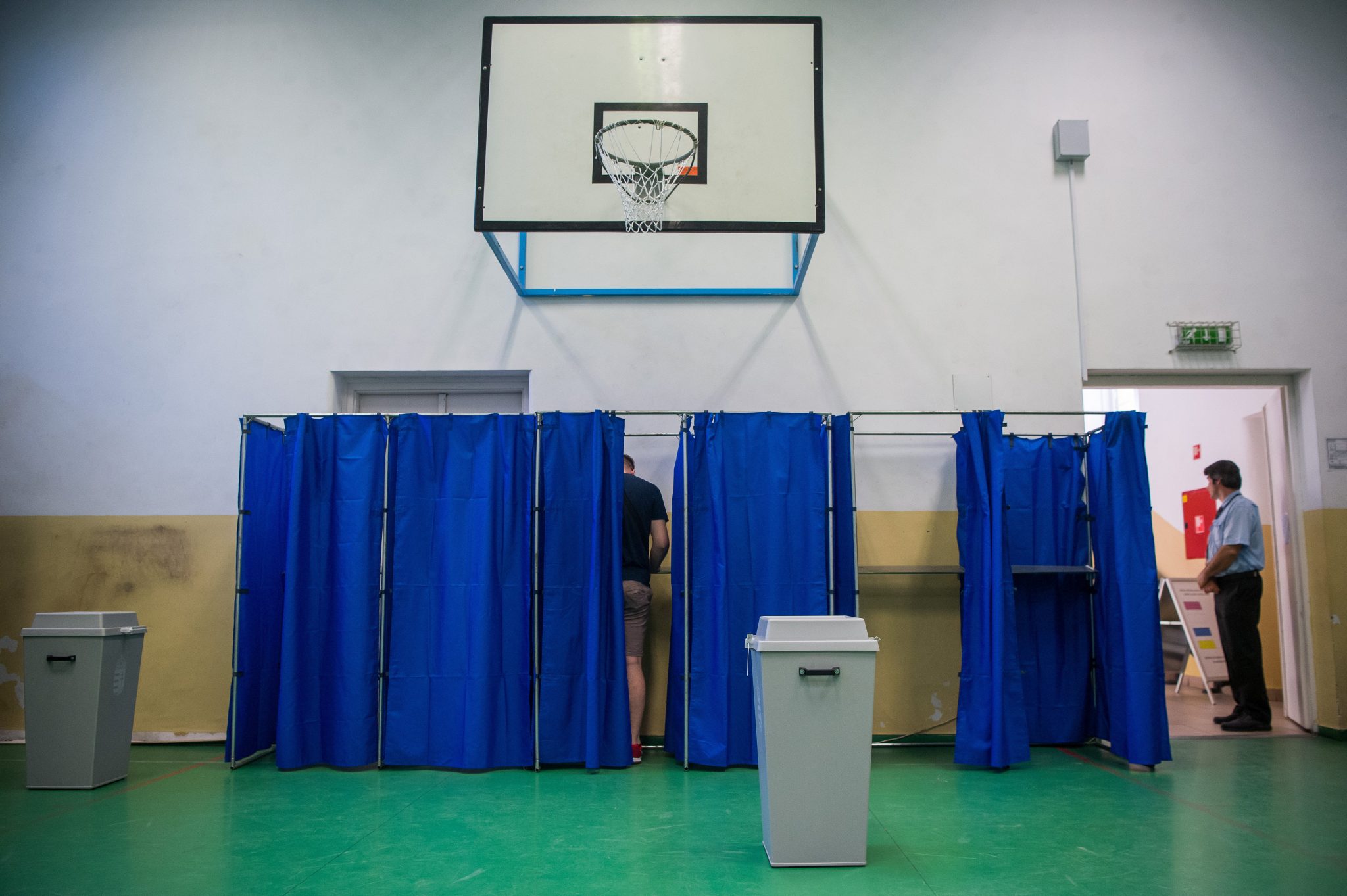
Recently accepted legislation "legalises voter fraud and opens the gateways to manipulating the results of the election," their statement says.Continue reading

Hungary’s Constitutional Court on Monday rejected a motion by opposition lawmakers against changes to Hungarian regulations in connection with the declaration of one’s place of residence.
The opposition politicians had requested that the court declare unconstitutional and annul a clause in an amendment on the definition of a person’s residence. The petitioners argued that under the amendment, the registration of a permanent address was no longer sufficient to verify that an individual actually lives at that address. Also, because voter registries are compiled based on voters’ permanent addresses, the requirement of a “close connection to the place of residence is rendered meaningless” under the amendment, they said, adding that this requirement was crucial in Hungary’s mixed electoral system. They added that the amendment violated the principle of the rule of law and restricted voting rights.
They also said the recently accepted legislation “legalizes voter fraud and opens the gateways to manipulating the results of the election.”
In a joint statement, human rights NGO the Hungarian Civil Liberties Union (TASZ), and liberal think tank Political Capital, also called the change dangerous as they think it legalizes the establishment of fake/fictitious addresses and enables election fraud. They stressed that recent elections had seen several cases of people establishing a residence in an electoral district only to be able to vote there, without actually living at the address.
This happened in several cases in the 2019 municipal elections, where the police uncovered and a criminal court convicted. But a great number of people were using the practice in the northeastern border regions of Hungary as well during the 2018 parliamentary elections, with suddenly dozens of people registering to the same address, although it was impossible for so many people to live in such a small house.
The Constitutional Court said the change to the definition of a place of residence had been necessary because citizens’ registered addresses “often do not reflect reality”.
It argued that apart from the definition of the place of residence, parliament had made no changes to the rules on voting rights. The change made to the definition of the place of residence has no bearing on the conditions for the exercise of political rights, the court said. The change can only impact which constituency a voter casts their ballot in, it added.
Featured photo illustration by Zoltán Balogh/MTI